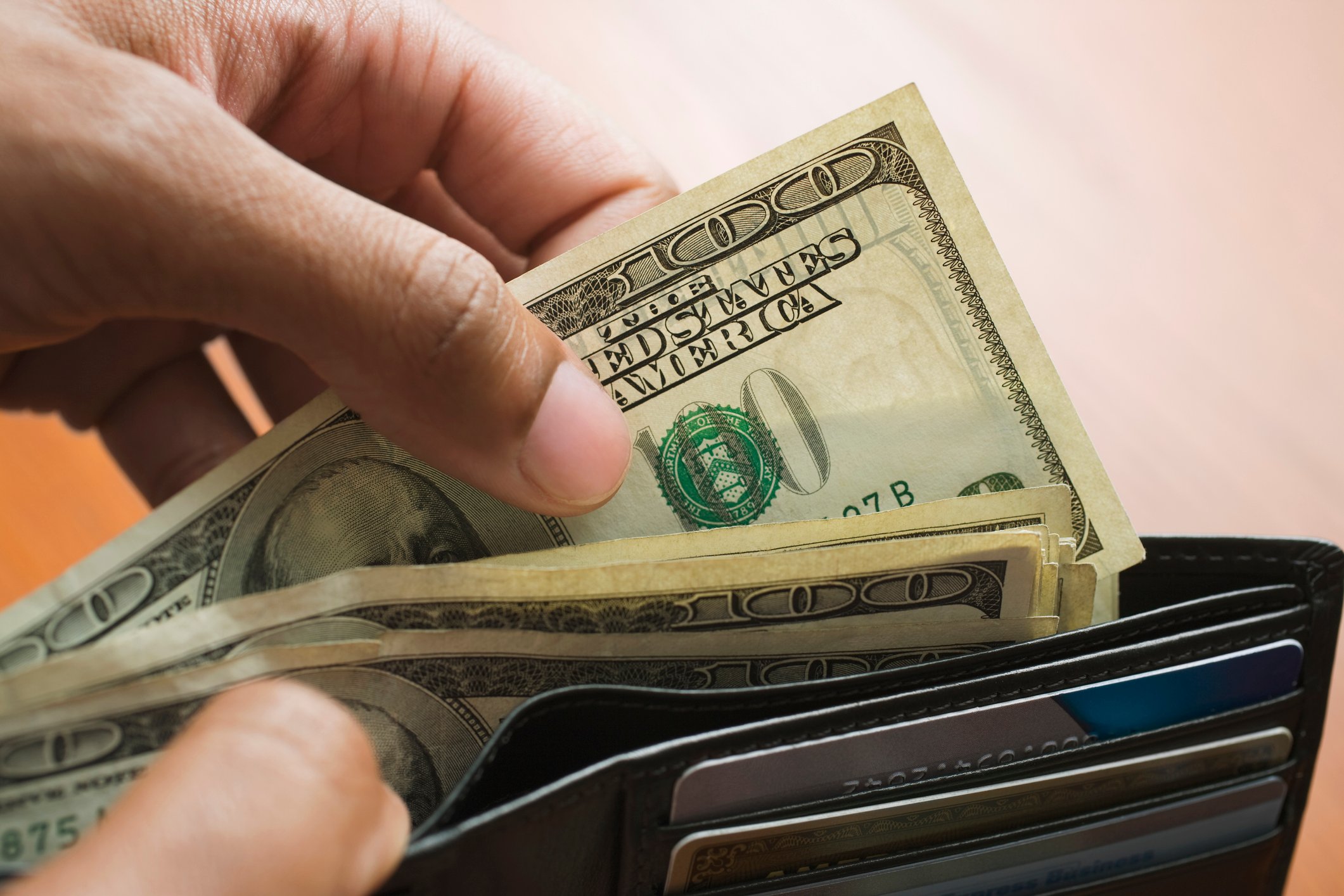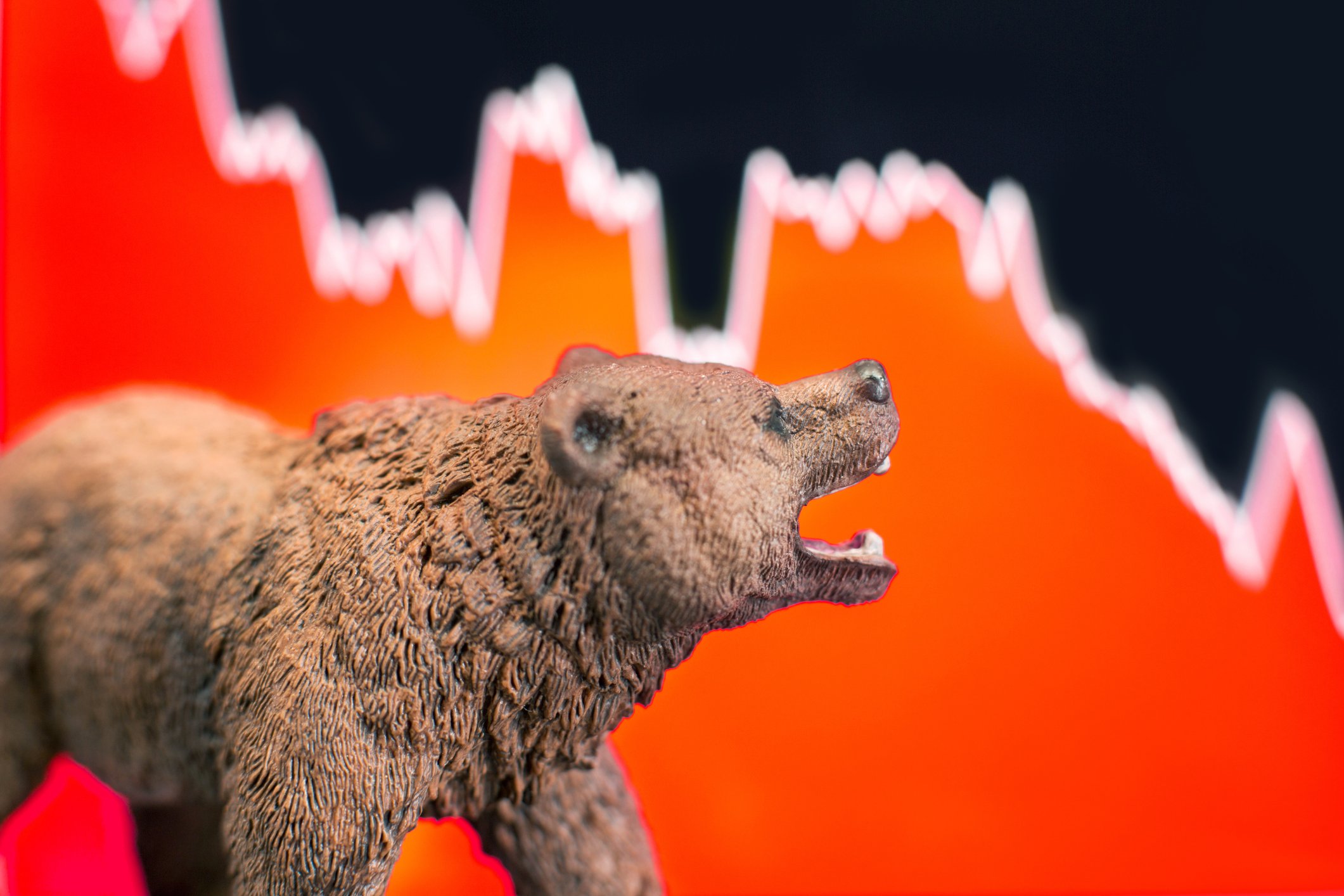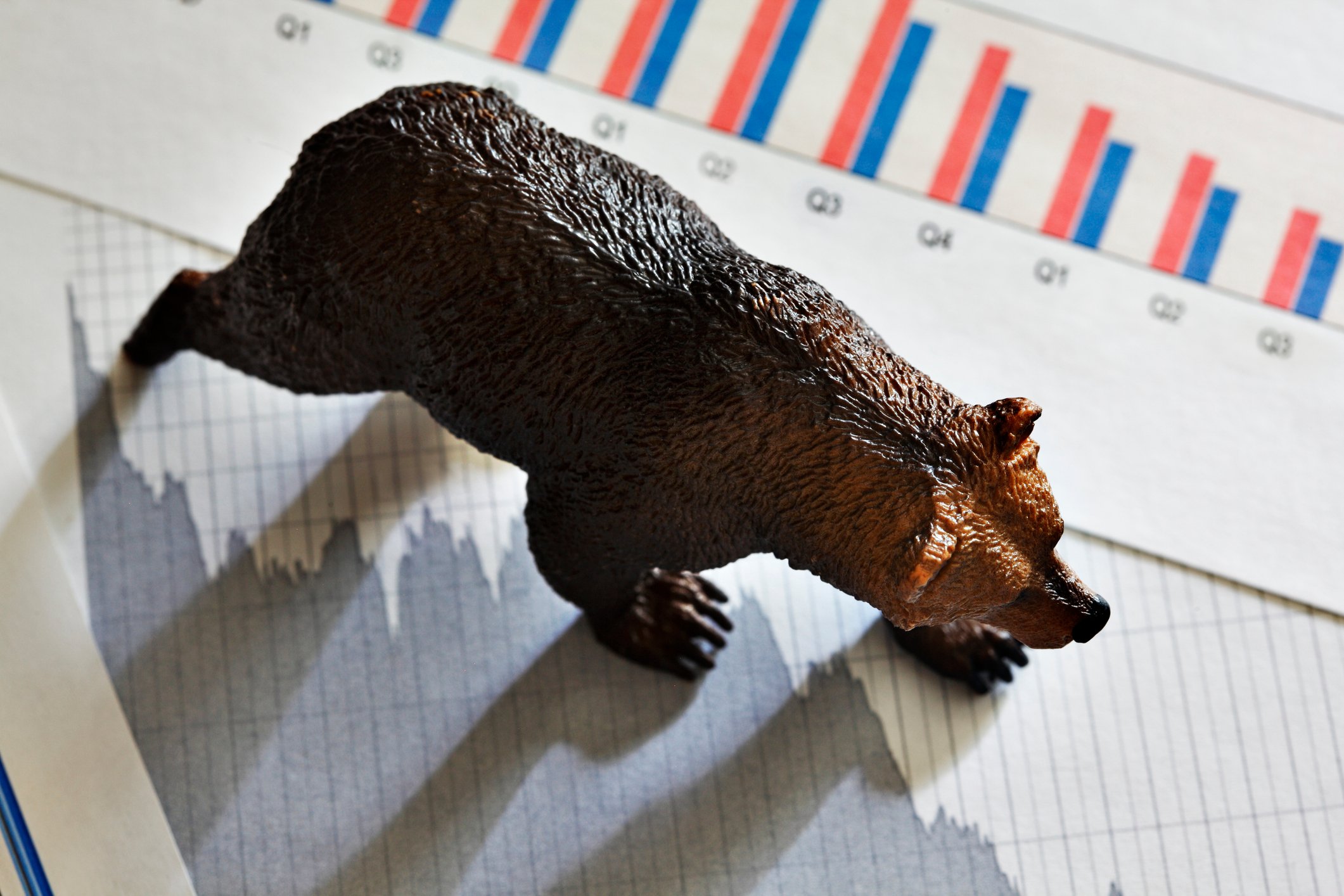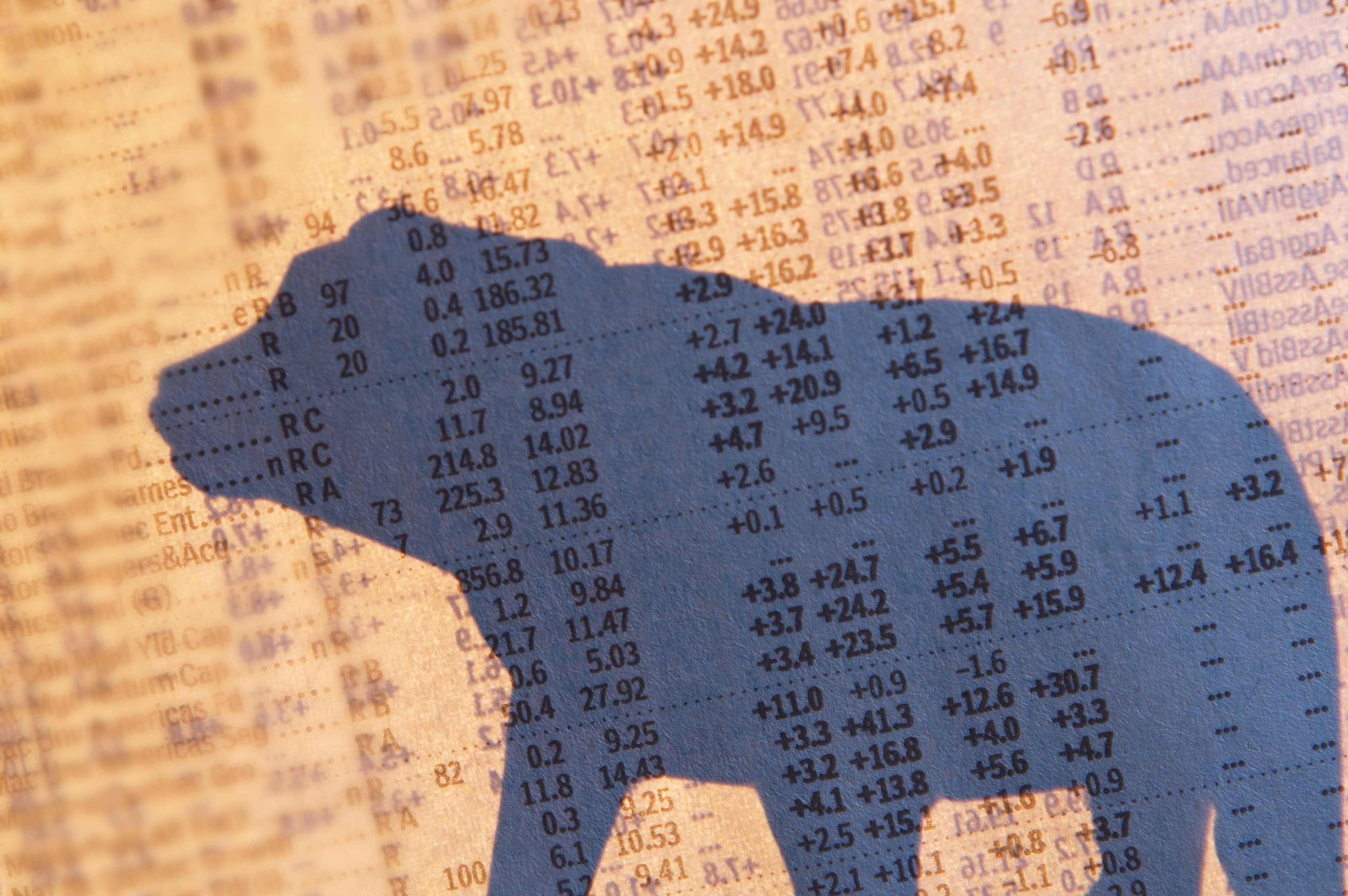As Warren Buffett approaches his 95th birthday, he remains one of the most well-respected investment managers in the world. That's readily evident in how Berkshire Hathaway (BRK.A +1.33%) (BRK.B +1.18%) shares reacted to the news that he would step down as CEO of the company starting Jan. 1 next year.
The stock has dropped about 10% since then, due almost entirely to its contracting valuation multiple. Seemingly, investors aren't willing to pay as much for Berkshire's operations and balance sheet without Buffett at the helm.
But investors still have a few months left to follow Buffett's moves in Berkshire's publicly traded investment portfolio. The conglomerate continued to sell more stock than it bought in the second quarter, making it 11 straight quarters of net selling. Apple (AAPL 0.27%) and Bank of America (BAC +0.88%) were once again on the chopping block, but Buffett piled an estimated $2 billion into a beaten down value stock, making it one of his biggest purchases of the past year.

Image source: The Motley Fool.
Trimming the big winners
Berkshire's investments in Apple and Bank of America have produced significant profits for Berkshire Hathaway. Buffett joked that "Tim Cook has made Berkshire a lot more money than I've ever made" at the company's annual meeting in May. But those profits aren't quite real until Berkshire sells the investments, and Buffett is taking a good portion of Berkshire's gains off the table.
Buffett sold 20 million shares of Apple and 26 million shares of Bank of America in the second quarter. That was a big portion of the $6.9 billion in total stock sales for the second quarter. Overall, Buffett has disposed of 69% of Berkshire's stake in Apple since mid-2023 and 41% of its stake in Bank of America.

NASDAQ: AAPL
Key Data Points
There are a couple of explanations for Buffett's recent selling.
First, Buffett sees the current tax environment as particularly friendly for corporations. Berkshire pays just 21% in taxes on its earnings. That's the lowest corporate tax rate since the 1930s. Buffett doesn't think that's sustainable, and he's taking advantage of the opportunity while he can. He even bragged about the size of Berkshire's tax bill in his 2024 letter to shareholders.
But it makes little sense to sell a stock just to (potentially) save on taxes in the long run. Buffett's selling is also likely motivated by the valuation of both stocks. The forward PE ratio of Apple stock sat between 27 and 29 for most of the quarter. That's well above the single-digit multiple Buffett paid for Apple in 2016.
Likewise, Bank of America stock looks expensive as well. The stock's price to tangible book value climbed above 1.7 at one point in the second quarter. Bank of America holds more long-duration bonds than the average bank, which was a hindrance amid rate hikes, but it's a boon during rate cuts. Unfortunately for shareholders, rate cuts have come more slowly than anticipated, which has weighed on the outsized benefit of holding long-duration bonds. As such, Bank of America stock has mostly traded sideways since last fall.

NYSE: BAC
Key Data Points
Valuation is a big reason Buffett has been struggling to find a lot to buy in the current market. Several valuation indicators suggest the current market is overbought. But the Oracle of Omaha was able to find one beaten-down value stock to sink a significant amount of Berkshire's cash into during the second quarter.
The contrarian value stock Buffett's buying
By far the worst performing sector of the market over the past year has been healthcare. Stocks across the industry are down, but one of the biggest companies in the sector presented a big opportunity for Buffett to put a lot of money to work: UnitedHealth Group (UNH 1.98%).
United has gone through a lot over the past year. Consumer and investor sentiment has turned against the company. That's been exacerbated by high utilization rates and increasing cost of care weighing on its financial results. United's net margin fell to 3.1% in the second quarter, down from 4.3% in the same period a year ago. Management also revised its full-year earnings outlook after withdrawing its guidance in May. It now expects "at least" $16 in earnings per share, down from $27.66 in 2024.
On top of all that, the company is being investigated by the DOJ over its Medicare Advantage program. As the largest Medicare Advantage provider in the country, the investigation could result in billions in fines and clawed back revenue.
The stock has been absolutely punished, with shares down more than 60% from their late 2024 at the end of July and early August. But that may be a bigger drop in share price than is warranted, especially considering United's competitive moats remain intact.

NYSE: UNH
Key Data Points
UnitedHealth is still one of the largest managed care organizations in the country, and its scale gives it significant advantages. Greater scale gives it negotiating leverage, helping it keep prices from rising too much. As costs have climbed, United finds itself in a much better position than smaller companies in the space.
Its pharmacy benefits management segment, Optum Rx, also benefits from scale and network effects. Optum is able to negotiate better drug pricing than smaller competitors, which attracts more customers to its PBM, which in turn gives it even more negotiating leverage.
United also sports a solid balance sheet with a growing cash buffer ($32 billion), which should help shield it from any negative consequences that arise from the DOJ investigation. It also has the flexibility to pause its share repurchases if it wants to further build up with war chest . Debt at $79 billion looks manageable, given its predictable revenue from premiums producing growing cash flows.
The stock now trades at about 16-times 2026 earnings per share estimates. With management's expectations for annual EPS growth in the 13% to 16% range, that looks like a great value now. There are significant risks facing the business, as the DOJ investigation hangs over its head, regulations present some revenue headwinds, and medical utilization remains high. But right now, it looks like an opportunity to be greedy while others are fearful.







